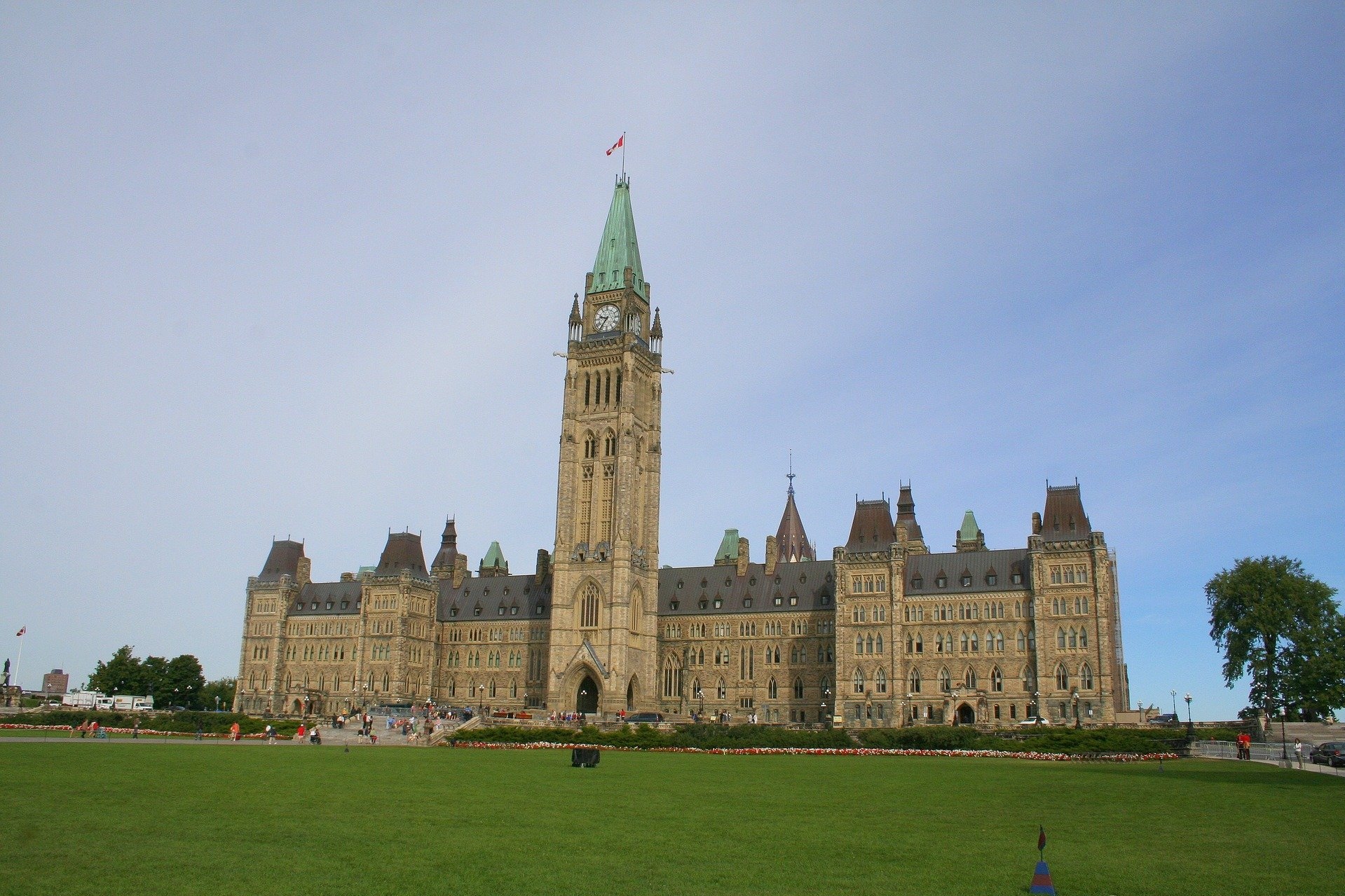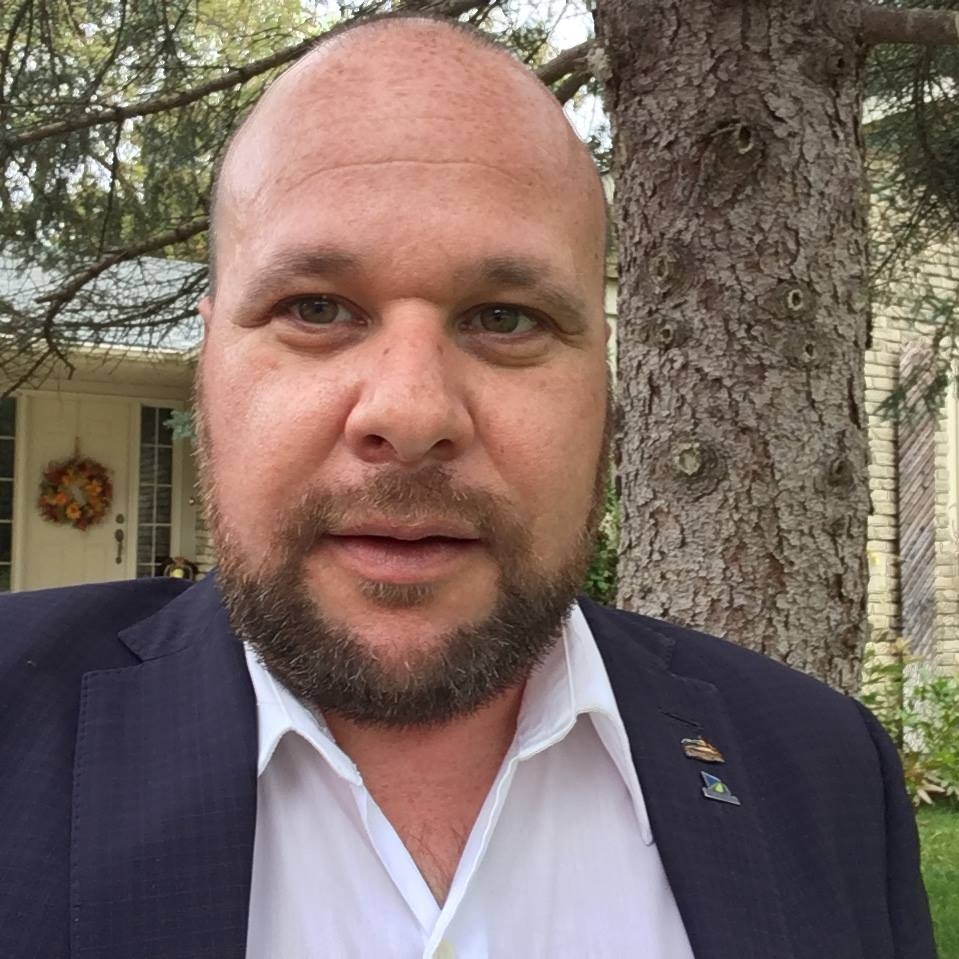OMSSA Report on the 2021 Federal Election
By Darryl Wolk
October 2021

On September 20th, Canadians voted in the 2021 Federal Election and the outcome did not produce much change from the 2019 Election. The governing Liberals won the most seats but lost the popular vote. At 159 seats, the Liberals gained four seats from 2019, coming 11 seats and 16,870 votes short of a majority government. Conservatives won 119 seats matching their total from 2019. This was the second election in a row where the Conservative Party won the most votes but failed to win the most seats. Polls showed Jagmeet Singh as the most popular leader but the NDP were only able to gain one additional seat from their 2019 totals.
Over the summer, Liberals were polling strong and on the cusp of a majority government. Strategically, the Liberals hoped to be rewarded for their pandemic response and secure a mandate for economic recovery and a post-pandemic vision for Canada. Unfortunately, despite Canada being among the top countries in vaccination rate, Canada entered a fourth wave due to the delta variant. This made issues such as vaccines, vaccine certificates and pandemic management as the top issues Canadians were focused on as they cast their vote. It is expected that the Liberals will be able to govern with the support of either the NDP or Bloc on an issue-by-issue basis.
From an OMSSA perspective, we were paying the most attention to early years and child care, housing, expiring pandemic benefits, long-term care and healthcare.
A Focus on Child Care and Early Years

Ahead of the election, the Liberal government had signed child care agreements with most of the provinces except for Ontario and Alberta, and New Brunswick had failed to reach a deal prior to the election.
Both the Liberals and NDP expressed support for the $10 per day child care plan. Prime Minister Trudeau and Ontario Education Minister Stephen Lecce commented that a deal with Ontario was close. Given that the Liberals are expected to form government with the NDP as their most likely partner, Ontario is likely to move forward and sign a deal with the federal government.
Conservatives were proposing a tax credit plan that would have replaced the agreements already signed with the provinces. In the upcoming minority government, Conservatives are expected to be in opposition and therefore the threat of these deals being cancelled is diminished for now. With a provincial election in Ontario set for June, it is reasonable to expect a deal to be signed with the federal government ahead of the provincial budget this spring.
A Focus on Housing

Housing was a top issue during the campaign, although much of the focus was on the real estate market and rental costs.
With housing a top issue across Canada, there is strong hope that additional funding will be provided from the federal government to build new capacity and maintain existing community housing units as the federal government attempts to tackle issues around housing affordability. This includes:
- Votehousing.ca advocated for housing issues and were able to secure all party support for an Urban Indigenous Housing Strategy.
- The Liberals and NDP also promised action to end chronic homelessness with the Liberals promising to cut chronic homelessness in half by 2027 and the NDP promising to end homelessness within a decade.
- The federal National Housing Strategy will continue and could be enhanced further by the NDP who promised building 500,000 new quality affordable housing units over 10 years.
- The NDP also promised $3.7 billion more per year for non-profit and co-op housing. The Liberals promised $2.7 billion over four years to enhance the National Housing Strategy co-investment fund.
Pandemic Benefits

Ontario Works caseloads have been lower than usual throughout the pandemic due to the CERB, CRA and Employment Insurance benefits provided by the federal government. The CERB was already cut in June from $500 per week before taxes to $300 per week before taxes. Businesses have also seen a reduction in the wage subsidy and commercial rent subsidy.
COVID is not over and we are in a fourth wave due to the Delta variant. There are already calls to expand these benefits through the winter. At the same time, many businesses are facing a labour shortage and have argued this is being caused by the federal benefits. Ultimately the government has promised to have the back of people and small businesses as long as the pandemic is ongoing.
Additional Priority Issues
Outside of human services issues, there are additional priority issues that may come up in the months ahead:
- All Premiers are calling on the federal government to increase health transfers to cover 35 per cent of the cost. This would come at a cost of $28 billion per year. The federal government has also promised national standards and funding for long-term care administered by the provinces.
- This summer, weather events highlighted the urgency of climate change. Canada is on track to miss our Paris climate targets and will have to take significant action to get back on track through a green recovery.
- Despite promises made during the election, the threat of higher interest rates and Bank of Canada tapering could escalate deficits and negatively impact Canada‘s debt-to-GDP ratio.
- The unemployment rate remains below pre-pandemic levels and economic growth has come in slower than hoped for in Q2 and Q3 due to lockdowns, the delta variant, inflation and global supply chain issues.
- During the campaign, all parties promised to increase spending, avoid cuts and made little mention of tax increases. Addressing Canada‘s fiscal situation is dependent on strong economic growth in the decade ahead. This could prove to be problematic if we face a global recession in 2022.
Canadians do not have an appetite for another snap election and party finances have been impacted by the cost of fighting an election. This minority Liberal government will be able to govern, but the NDP has the most leverage in negotiations and they have the opportunity to set the agenda by demanding a high cost in exchange for their support on confidence votes. The Liberals and NDP working together offers an opportunity to make gains in health and human services benefiting OMSSA members.
The Parliament of Canada will return with a new Cabinet, Throne Speech and agenda in mid-October. OMSSA will consult with our members on federal budget priorities and work to enhance our relationship with CMHC and the federal government.
OMSSA appreciates the advocacy work of AMO, FCM, votehousing.ca, the Ontario Coalition for Better Child Care, and those who helped keep issues around health and human services top of mind during the federal campaign.
OMSSA congratulates Prime Minister Justin Trudeau on winning the 2021 Federal Election and looks forward to working with the Federal Government on issues related to social assistance, child care and housing over the coming term.

 Ahead of the election, the Liberal government had signed child care agreements with most of the provinces except for Ontario and Alberta, and New Brunswick had failed to reach a deal prior to the election.
Ahead of the election, the Liberal government had signed child care agreements with most of the provinces except for Ontario and Alberta, and New Brunswick had failed to reach a deal prior to the election.  Housing was a top issue during the campaign, although much of the focus was on the real estate market and rental costs.
Housing was a top issue during the campaign, although much of the focus was on the real estate market and rental costs.  Ontario Works caseloads have been lower than usual throughout the pandemic due to the CERB, CRA and Employment Insurance benefits provided by the federal government. The CERB was already cut in June from $500 per week before taxes to $300 per week before taxes. Businesses have also seen a reduction in the wage subsidy and commercial rent subsidy.
Ontario Works caseloads have been lower than usual throughout the pandemic due to the CERB, CRA and Employment Insurance benefits provided by the federal government. The CERB was already cut in June from $500 per week before taxes to $300 per week before taxes. Businesses have also seen a reduction in the wage subsidy and commercial rent subsidy.  Darryl Wolk is Manager of Policy Development and Public Affairs for the Ontario Municipal Social Services Association. Darryl started with OMSSA in 2017. He has over ten years of government relations experience and graduated with an MBA from the University of Windsor in 2004. Darryl appreciates the opportunity to advocate and consult with Ontario‘s municipal service managers, province and federal government to advance priority issues in the health and human services sectors.
Darryl Wolk is Manager of Policy Development and Public Affairs for the Ontario Municipal Social Services Association. Darryl started with OMSSA in 2017. He has over ten years of government relations experience and graduated with an MBA from the University of Windsor in 2004. Darryl appreciates the opportunity to advocate and consult with Ontario‘s municipal service managers, province and federal government to advance priority issues in the health and human services sectors.